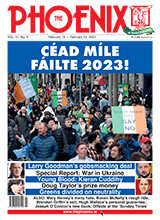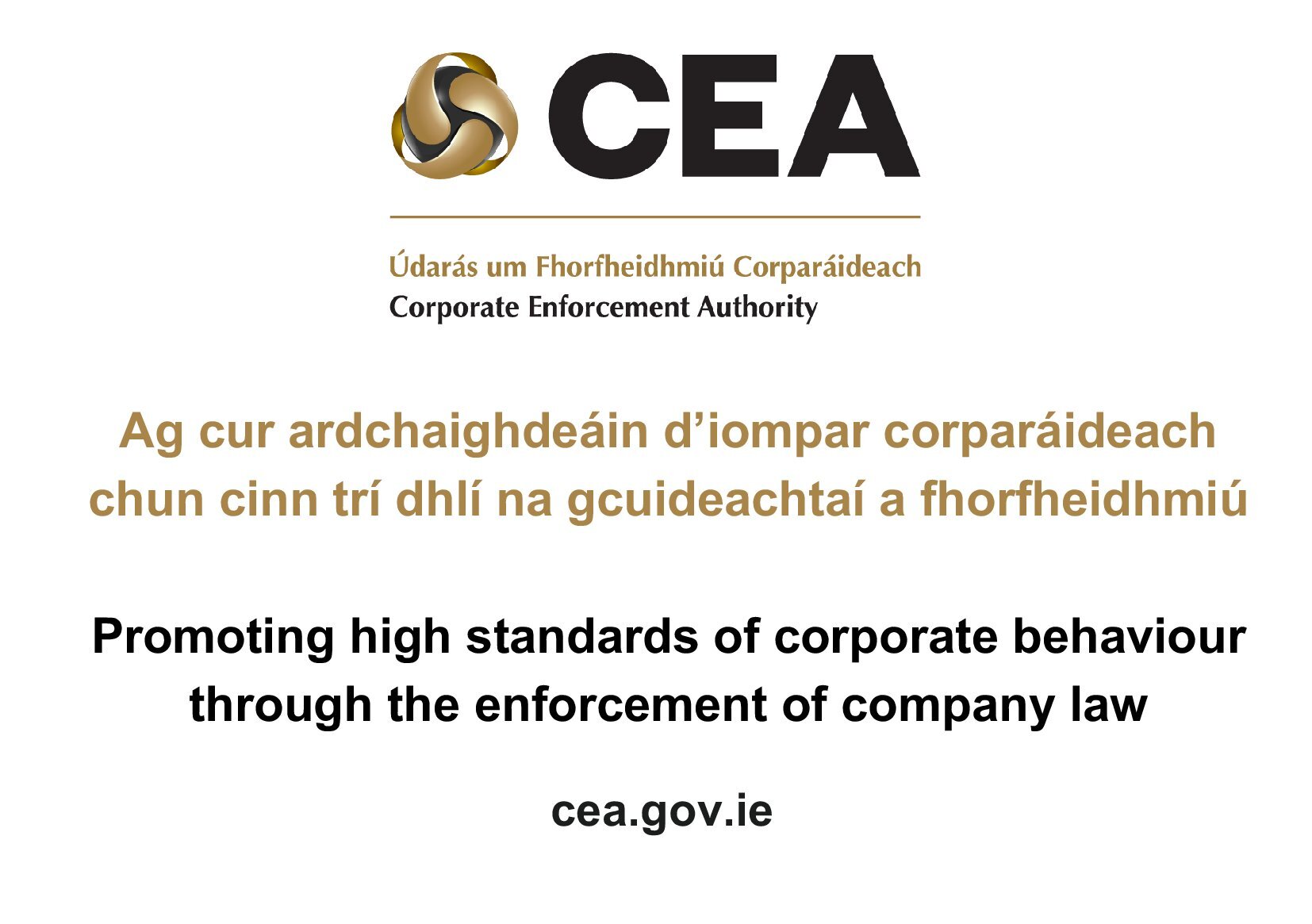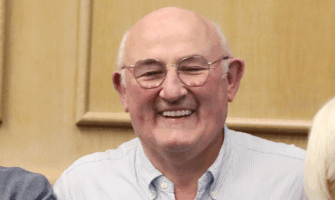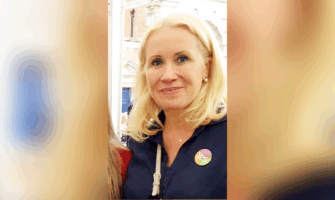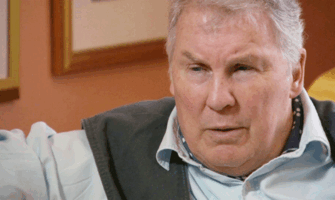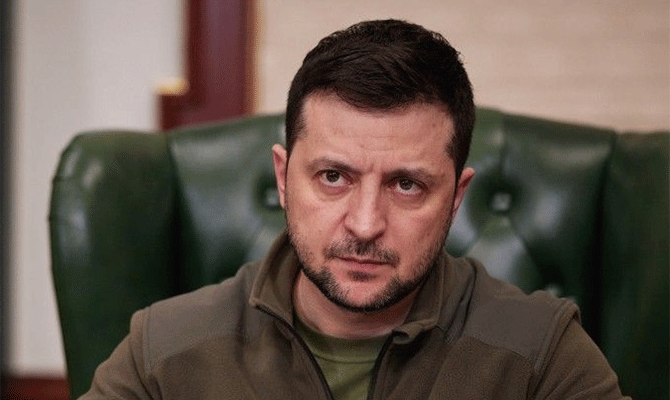
Volodymyr Zelenskyy
IS NATO HELPING UKRAINE TO FIGHT RUSSIA OR IS IT USING UKRAINE TO FIGHT RUSSIA?
THE BLOC could help end the conflict at any time by addressing issues around its expansion plans. The Western public, like others, is justly appalled by the human suffering and the horrors of the Ukrainian war. Empathy is one of the great virtues of humanity, which in this instance translates into the demand to help Ukrainians. Yet, propaganda commonly weaponises the best in human nature, such as compassion, to bring out the worst. As sympathy and the desire to assist the displaced are used to mobilise public support for confrontation and war with Russia, it is necessary to ask if the Western public and Ukrainians are being manipulated to support a proxy war.
A PASSIVE ACTOR?
The US-led military bloc commonly depicts itself as an innocent third party that is merely responding to the overwhelming desire of the Ukrainian people to join its ranks. Yet, for years Nato has attempted to absorb a reluctant Ukraine into its orbit.
A Nato publication from 2011 acknowledged: “The greatest challenge for Ukrainian-Nato relations lies in the perception of Nato among the Ukrainian people. Nato membership is not widely supported in the country, with some polls suggesting that popular support for it is at less than 20%.”
In 2014, this problem was resolved by supporting what George Friedman, of the geopolitical intelligence platform Stratfor, labelled “the most blatant coup in history” as there were no efforts to conceal Western meddling.
Regime change was justified as helping Ukrainians with their “democratic revolution”. Yet, it involved the unconstitutional removal of the elected government as a result of an uprising that even the BBC acknowledged did not have majority support amongst the general public. The authorities elected by the Ukrainian people were replaced by individuals handpicked by Washington.
An infamous leaked phone call between US state department apparatchik Victoria Nuland and ambassador to Ukraine Geoffrey Pyatt revealed that Washington had chosen exactly who would be in the new government several weeks before they had even removed then president Viktor Yanukovich from power. Donbass predictably rejected and resisted the legitimacy of the new regime in Kyiv with the support of Russia.
Instead of calling for a “unity government”, a plan for which western European states had signed as guarantors, Nato countries quietly supported an “anti-terrorist operation” against eastern Ukrainians, resulting in at least 14,000 deaths.
The Minsk-2 peace agreement of February 2015 produced a path for peace, yet the US and UK sabotaged it for the next seven years. Furthermore, Germany’s Angela Merkel and France’s François Hollande recently admitted that both Germany and France considered the deal an opportunity to buy time for Ukraine to arm itself and prepare for war.
In the 2019 election, millions of Ukrainians were disenfranchised, including those living in Russia. Nevertheless, the result was a landslide, with 73% of Ukrainians voting for Volodymyr Zelenskyy’s peace platform based on implementing the Minsk-2 agreement, negotiating with Donbass, protecting the Russian language and restoring peace with Moscow. However, the far-right militias that were armed and trained by the US effectively laid down a veto by threatening Zelenskyy and defying him on the front line when he demanded to pull back heavy weapons. Pressured also by the US, Zelenskyy eventually reversed the entire peace platform for which the Ukrainians had voted.
Instead, opposition media and political parties were purged and the main opposition leader, Viktor Medvedchuk, was arrested. Subverting the wishes of Ukrainians in order to steer the country towards confrontation with Russia was yet again referred to as “helping” Ukraine.
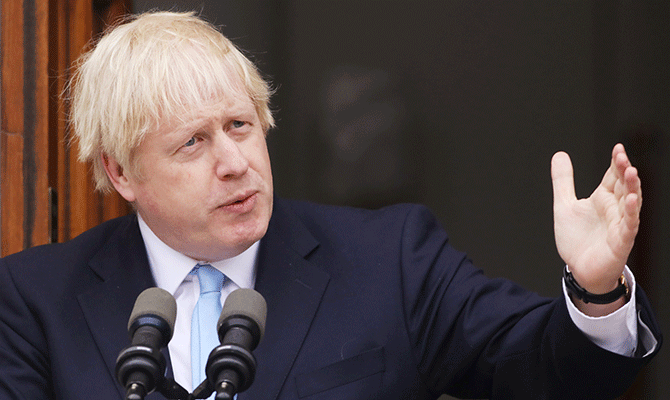
Boris Johnson
TOWARDS A PROXY WAR
In 2019, the Rand Corporation published a 325-page report, ordered by the US army, titled Extending Russia: Competing from Advantageous Ground. In the language of a proxy war, the report advocated arming Ukraine to bleed Moscow, stating: “Providing more U.S. military equipment and advice could lead Russia to increase its direct involvement in the conflict and the price it pays for it.”
The US chair of the house intelligence committee, Adam Schiff, similarly explained in 2020 the strategy of arming Ukraine claiming: “The United States aids Ukraine and her people so that we can fight Russia over there and we don’t have to fight Russia here.”
In December 2021, former CIA head of Russia analysis George Beebe warned that the Kremlin was under growing pressure to invade to prevent Washington from further building up its military presence on its borders, which included modernising Ukrainian ports to fit US warships.
“That relationship [US-Ukraine] will be far stronger and deeper, and the United States military will be more firmly entrenched inside Ukraine two to three years from now. So inaction on [the Kremlin’s] part is risky,” Beebe explained. Yet, despite being convinced that Russia would invade, Washington refused to give any reasonable security guarantees to Moscow.
Kyiv agreed to enter into negotiations merely three days into the Russian invasion, which resulted in an outlined peace agreement a few weeks later. Former intelligence official Fiona Hill and foreign policy expert Angela Stent later penned an article acknowledging that “Russian and Ukrainian negotiators appeared to have tentatively agreed on the outlines of a negotiated interim settlement: Russia would withdraw to its position on February 23, when it controlled part of the Donbass region and all of Crimea, and in exchange, Ukraine would promise not to seek Nato membership and instead receive security guarantees from a number of countries”.
However, after a visit by then UK prime minister Boris Johnson, Kyiv suddenly withdrew from the peace negotiations.
Reports in the Ukrainian and US media have suggested that London and Washington had pressured Kyiv to abandon negotiations and instead seek victory on the battlefield with Nato weapons.
Johnson gave multiple speeches warning against a “bad peace”, while German General Harald Kujat, a former chairman of the Nato military committee, confirmed that Johnson had sabotaged the peace negotiations in order to fight a proxy war with Russia: “His reasoning was that the West was not ready for an end to the war.”

Vladimir Putin
The American objectives also had seemingly little to do with “helping” Ukraine.
US secretary of defence Lloyd Austin stated US goals in Ukraine as the weakening of a strategic rival.
“We want to see Russia weakened to the degree that it can’t do the kinds of things that it has done in invading Ukraine,” he said.
President Joe Biden argued for regime change in Moscow as Putin “cannot remain in power”. This was repeated by Johnson, who stated: “The war in Ukraine can end only with Vladimir Putin’s defeat.”
US congressman Dan Crenshaw advocated for a proxy war by supplying weapons to Ukraine, saying: “Investing in the destruction of our adversary’s military, without losing a single American troop, strikes me as a good idea.”
Similarly, senator Lindsey Graham argued the US should fight Russia to the last Ukrainian: “I like the structural path we’re on here. As long as we help Ukraine with the weapons they need and the economic support, they will fight to the last person.”
The rhetoric is eerily similar to that of Hungarian billionaire George Soros, who argued that Nato could dominate if it could use Eastern European soldiers as they accept more deaths than their western peers: “The combination of manpower from Eastern Europe with the technical capabilities of Nato would greatly enhance the military potential of the partnership because it would reduce the risk of body bags for Nato countries, which is the main constraint on their willingness to act.”
Following Nato secretary general Jens Stoltenberg’s recent Orwellian statement that “weapons are the way to peace”, it is worth assessing if Nato is helping or using Ukraine. Nato powers have said they are supplying Ukraine with weapons to have a stronger position at the negotiating table yet, a year into the war, no major Western leader has called for peace talks.
Nato has a powerful bargaining chip that would actually help Ukraine – an agreement to end Nato expansion towards Russian borders. However, whitewashing the bloc’s direct contribution to the war prevents a negotiated settlement.
By Glenn Diesen, professor at the University of South-Eastern Norway and an editor at the Russia in Global Affairs journal.
THE IRISH VIEW
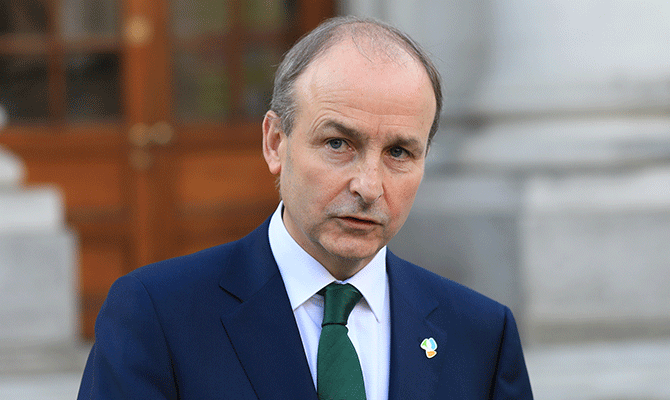
Micheal Martin
THE ARTICLE above contains ideas and analysis that people will not read in the mainstream Irish media. The well-worn but insightful saying that “the first casualty of war is truth” was never so apposite as in the media’s groupthink coverage of the bloody invasion of Ukraine.
The real origins of the war have been excised from any such coverage. There is a large body of opinion in the region and worldwide which holds that the crisis that led to the invasion – reprehensible and murderous as it is – was provoked by the US and Nato. Alternatively, the explanations of supposedly sophisticated foreign correspondents in our media have been reduced to cartoon depictions of just one man, Russian President Vladimir Putin. He is variously described as insane, a megalomaniac and a leader who wants to recreate the Russian empire.
The same sources even deride Russian ‘paranoia’ about Nato and invasion from the West and accuse Russia of playing the role of Germany in World War II by invading Ukraine. That Russia suffered 27 million fatalities in WWII makes this ‘paranoid’ remark appear quite obscene. One can only imagine what the Russians think of it.
Over 20 years ago it was accepted, by the US and other Nato members via negotiations at the Organization for Security and Co-operation in Europe and elsewhere, that while each country has the right to ensure its own security, it cannot do so at the expense of its neighbours.
In the same period, Nato states promised they would withdraw missile sites away from the Russian border, but later broke such pledges.
The Minsk Accords, drawn up by countries such as Germany, France, Russia and Ukraine’s President Volodymyr Zelenskyy, accepted that Russian-dominated regions such as Donetsk and Lukhansk had a veto over Ukraine joining Nato – or the EU. The US was not part of that consensus, however, and so Washington successfully undermined it, replacing it with a confrontational agenda instead.
Another, virtually unmentioned factor in the Irish media and political discourse on Russia has been the strong US antagonism to the German-Russian pipeline, Nord Stream 2, which for various geo-political reasons (see The Phoenix 11/3/2022) unnerved Washington greatly. Russia’s invasion of Ukraine has, of course, put paid to Nord Stream and the quite different trade areas and alliances this would have produced.
One reason for US antagonism to the pipeline was that the development of German-Russian macro-economic harmony would have altered economic and political relationships in Europe and even Asia. It would also have obviated the need for German attachment to Nato, whose main excuse for existence is the fearful Russian bear.
However, the most telling evidence of Nato’s proxy war mongering came with the remarkable about-turn by Zelenskyy just weeks after Russia’s invasion. Then British prime minister Boris Johnson persuaded him to halt negotiations with Russia, arguing that Putin had to be defeated – a message that was backed by US President Joe Biden.
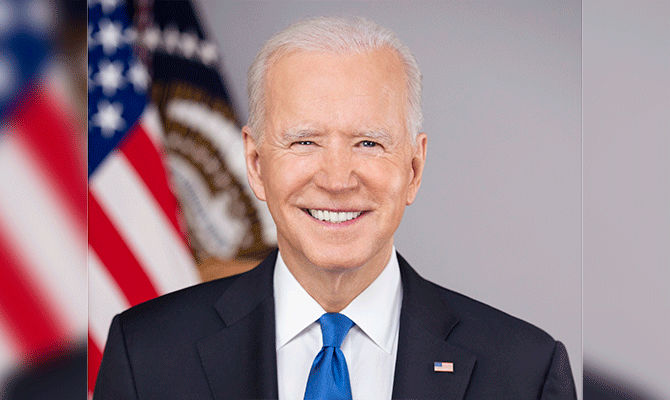
Joe Biden
The other area in which Irish people have been seriously misled is the military assessment in Ukraine, which has by and large described the Russians as being outfought by the plucky Ukrainians (using Nato hardware).
Former adviser to the secretary of defence in the Trump administration, Col Douglas Macgregor, claimed recently – providing a wealth of detailed military arguments – that the Russian military’s more methodical, steady progress in Ukraine was on course to destroy Ukrainian resistance.
Another senior American geo-political thinker, University of Chicago professor John Mearsheimer, argues that since the early days of the invasion, when the Ukrainians believed they might actually defeat Russia, the balance of power has changed and Russia is now in the ascent.
He also believes that Ukrainian victories late last year were essentially pyrrhic and came at a disproportionate cost in casualties, which has led to the Ukrainian military now being in deep trouble.
The Irish Times’s idea of media balance is to allow ‘dissident’ thinkers on the EU and the West the occasional day out, with an opinion piece like that of emeritus professor of history at University College Cork Geoffrey Roberts. He too argued that Russia is on course to win the war in Ukraine. He also punctured the wishful Western view that sending Leopard tanks to Ukraine would tilt the military balance, instead arguing that it “may be to provide political cover for politicians who fear the blame game that will erupt if and when Russia wins in Ukraine”.
From an Irish perspective, a particularly sensitive issue is that “the Irish public will be forced to confront the free ride of neutrality”, as the hardly neutral IT put it a day after the invasion. The first few months of the war saw the Irish media seize what they saw as a golden opportunity to ask the public what they now thought of this ‘easy ride’.
(Un)fortunately, three commissioned polls in a row produced results showing that Irish people still value our military neutral status.
This is despite the unnaturally loud and belligerent behaviour of then taoiseach Micheál Martin throughout last year as he postured on the EU and even United Nations stage as the most ardent ally of the US and EU Nato countries in demanding ever more aggressive action against the dastardly Russians. Anyone, such as Sinn Féin or People Before Profit, that disagreed with him was dismissed as “puppets for Putin” (as opposed to Biddies for Biden, one supposes).
Anyone would think that Martin was considering quitting Irish politics and auditioning in public for a high-level job in Brussels.



